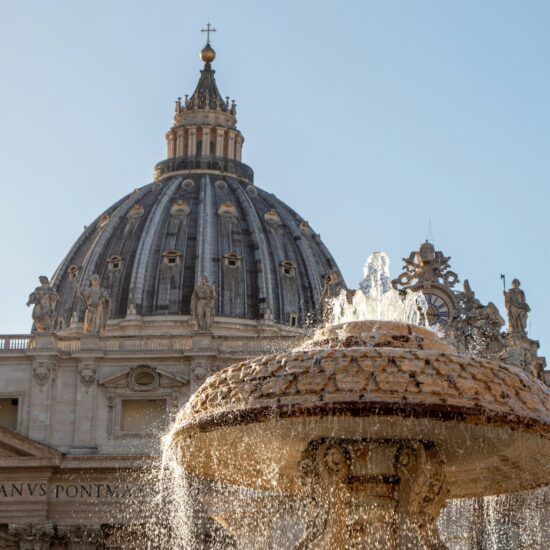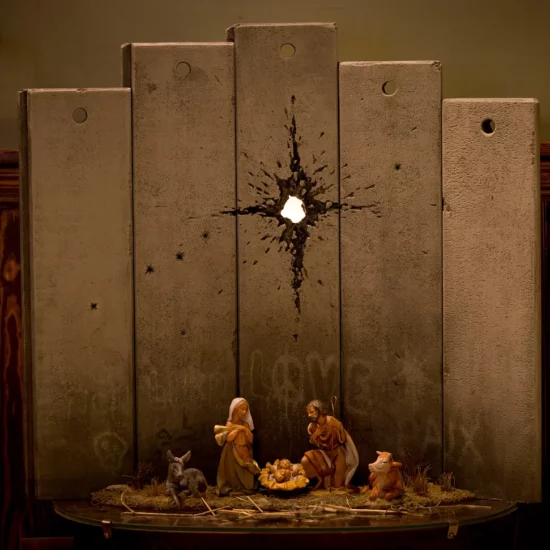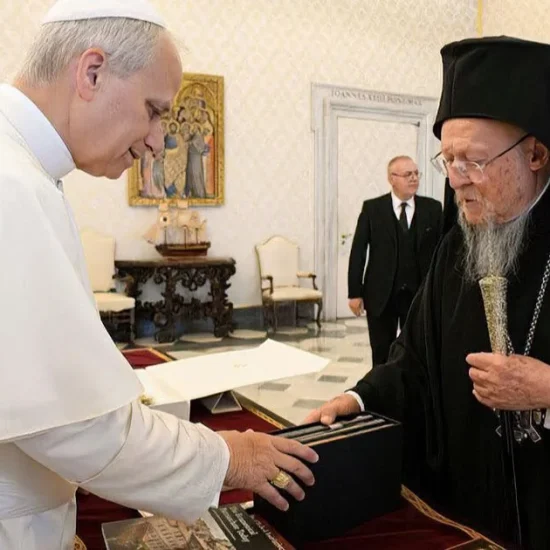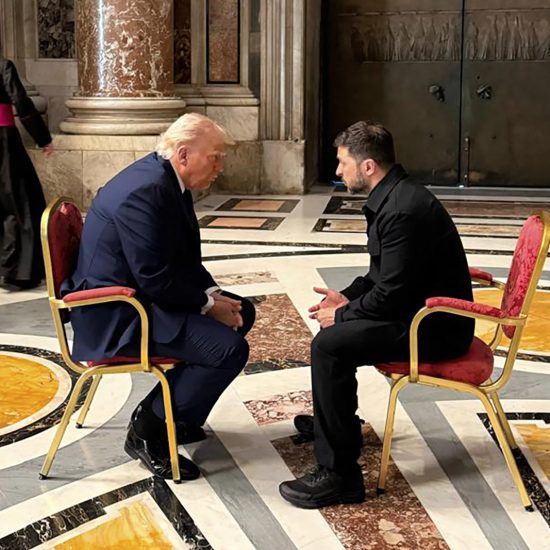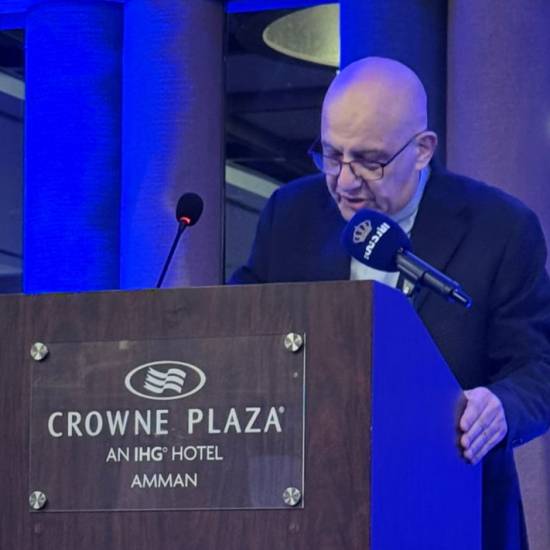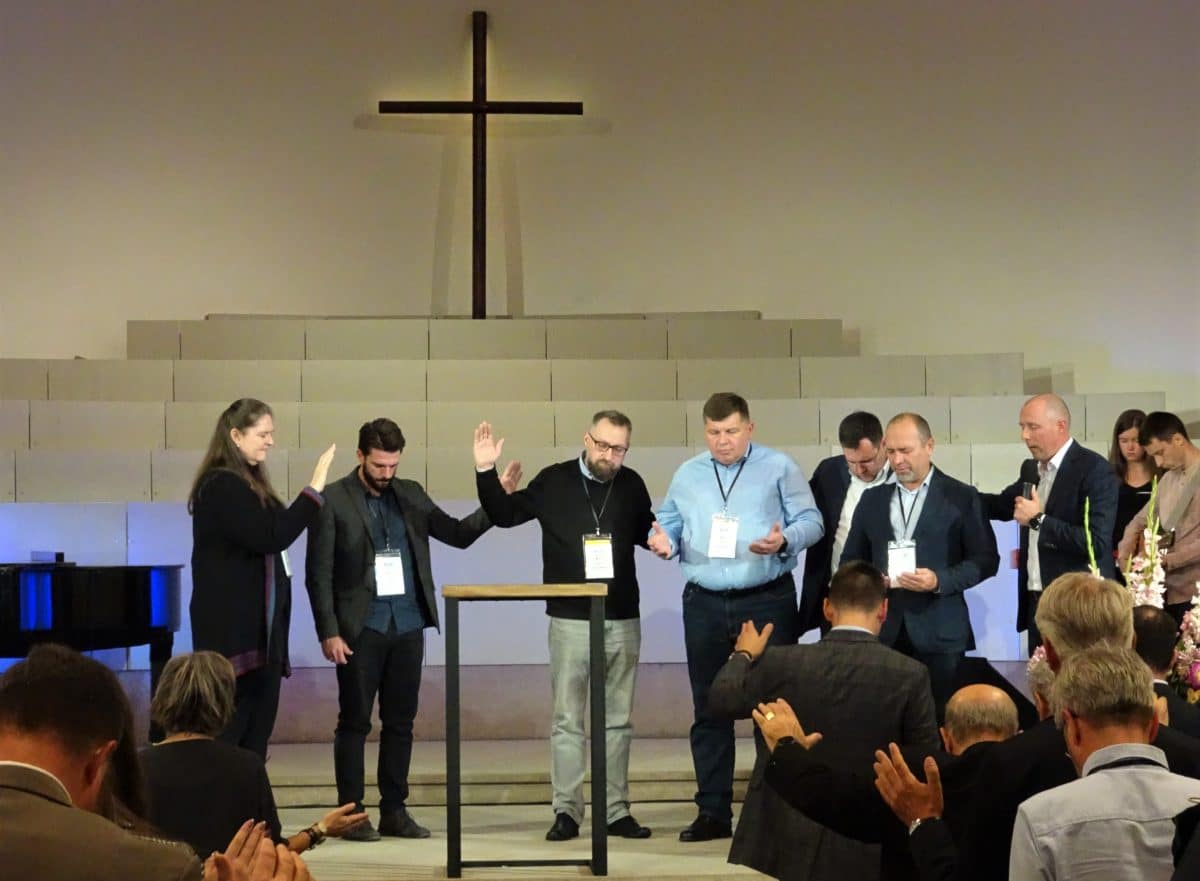
During the roll call of nations each year at the opening session of the meeting of the European Baptist Federation, attendees from across Europe, Central Asia, and the Middle East stand up for applause as their nation is announced. Sometimes a delegation will add their own cheer or wave excitedly, but the applause is pretty much the same for each country. However, as EBF opened its 2022 general council in Riga, Latvia, on Wednesday (Sept. 21), one nation received a long and loud applause that stood out beyond the rest.
Ukraine.
That applause for the two Ukrainian Baptists who quietly stood — and then sat down before rising again to thank the crowd for the continuing applause — set the tone for the three-day meeting that occurred only about 150 miles from Latvia’s border with Russia. If there’s one word on the lips of attendees at EBF’s first meeting since Russia launched a massive attack on another western neighbor in February, it’s Ukraine.
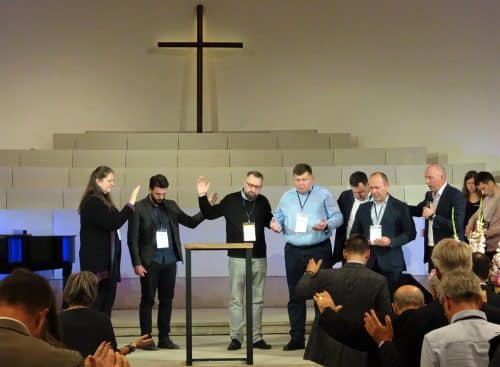
Baptists from more than three dozen countries pray over Ukrainian Baptists during the opening worship session of the European Baptist Federation’s general council on Sept. 21, 2022, at Mateja Draudze (Matthew Church) in Riga, Latvia. (Brian Kaylor/Word&Way)
“I was deeply touched by your welcoming yesterday; it was special,” Igor Bandura, vice president of the All-Ukrainian Union of Associations of Evangelical Christians-Baptists, later told those at the EBF meeting as he referred back to the applause and prayer in the opening session. “I would like to thank you and all your churches and all the people for your faithful commitment to stand with Ukraine.”
And that tone clearly resonates in Riga. Throughout the city, Ukrainian flags appear to outnumber Latvian ones. The flag of the besieged nation dots the streets, hanging from apartment balconies, greeting people entering shops or restaurants, and showing up on billboards and street art. Government buildings alternate national flags with Ukrainian ones. Churches also set up blue-and-yellow flags and donation boxes to support Ukrainian refugees. Memorials and museums dedicated to the victims of the Holocaust or the Soviet occupation of Latvia also fly the Ukrainian flag alongside posters of Russian war crimes.
The scene repeats across the Baltic region, as people in Estonia and Lithuania also express solidarity with Ukraine as they recall their own past under the oppression of Soviet domination. For those in the region, the invasion of Ukraine isn’t a distant tragedy but a vivid threat from an imperialistic neighbor.
And for Baptists there and across Europe, they pledged to support their fellow Christians facing literal warfare. The opening session concluded with a prayer for Baptists in Ukraine as the first of several times for such prayer during the gathering.
“This is what family does,” said Helle Liht, an Estonian who is EBF’s assistant general secretary, as she introduced Bandura during a session on the second day to share about the war’s impact on Ukrainian Baptists. “If one member suffers, everybody suffers.”
Although the meeting included reports from other nations, discussions of other ministry efforts, and times for fellowship and worship, the crisis in Ukraine dominated the agenda. Ukrainian Baptists shared their experiences, as did Baptists in other countries — like Belarus, Lebanon, Hungary, Moldova, and Poland — who quickly mobilized to serve the millions of refugees fleeing Ukraine this year amid the biggest conflict in Europe since World War II.
In light of those ministries, Bandura referred to an incident in Exodus 17 where Aaron and Hur stood on either side of Moses during a battle and held up his arms as he grew tired. Similarly, Bandura said, Baptists in other countries had held up the Ukrainian Baptists as they grew tired.
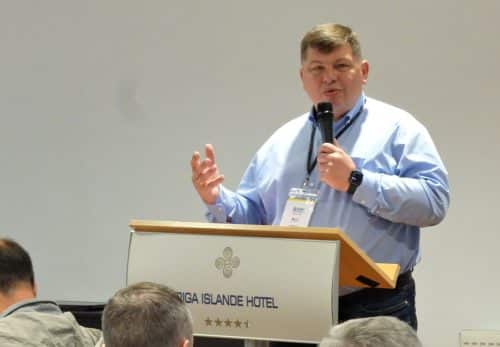
Igor Bandura, vice president of the All-Ukrainian Union of Associations of Evangelical Christians-Baptists, speaks during the 2022 general council of the European Baptist Federation on Sept. 22, 2022, in Riga, Latvia. (Brian Kaylor/Word&Way)
“We are appreciative to God for you, and to you for letting us experience God’s unbelievable love,” he added as he noted the support of Baptists in other countries both for ministries in Ukraine and toward refugees who left the nation.
But many challenges remain, including the fact that about 400 Baptist churches are in territory occupied by Russia (though he added that statistic hadn’t been updated since Ukraine regained some land during the previous week). Bandura said that about 200 churches have stopped meeting and he’s not sure if they will exist in the future “because we do not know if people will come back.” Bandura added that 46 church buildings have been damaged in the war.
Additionally, he reported that about 120 pastors and deacons have been called into military service, leaving their churches without leaders. Others have been forced to flee.
“We are talking about 250 pastors that had to leave their churches,” Bandura said. “All these pastors are going through a very tough time when they are questioning their pastoral identity as a calling and a future.”
And those who stay in places occupied by Russian forces can face religious persecution — as has occurred for years against Baptists in Russia and in parts of eastern Ukraine occupied since 2014 by Russian-backed separatists.
“We feel a lot of pain, and it goes to our life, our minds, and our hearts every day,” Bandura said. “This is existential for us.”
But Bandura urged Baptists not to merely pray for peace, adding, “I would like to ask you to pray for just peace for Ukraine.” Just peace, he explained, means more than an end to conflict. It would also include the withdrawal of Russian troops, reparations paid by Russia to Ukraine for war damage, and a restoration of all Ukrainian lands that Russia has occupied since 2014.
Like the flags across the city waving in support of Ukraine, others at the gathering echoed his call not only for peace but also for justice.

